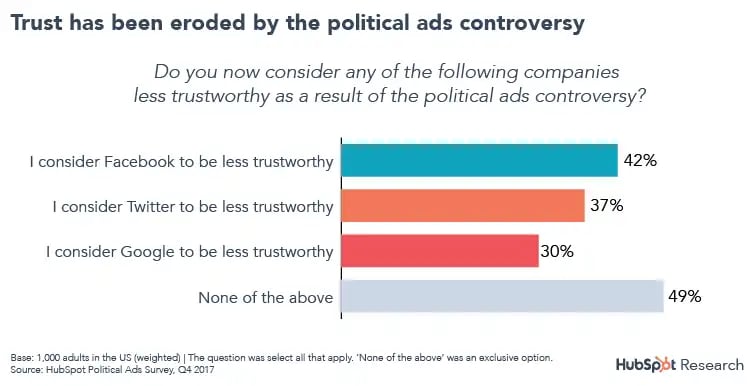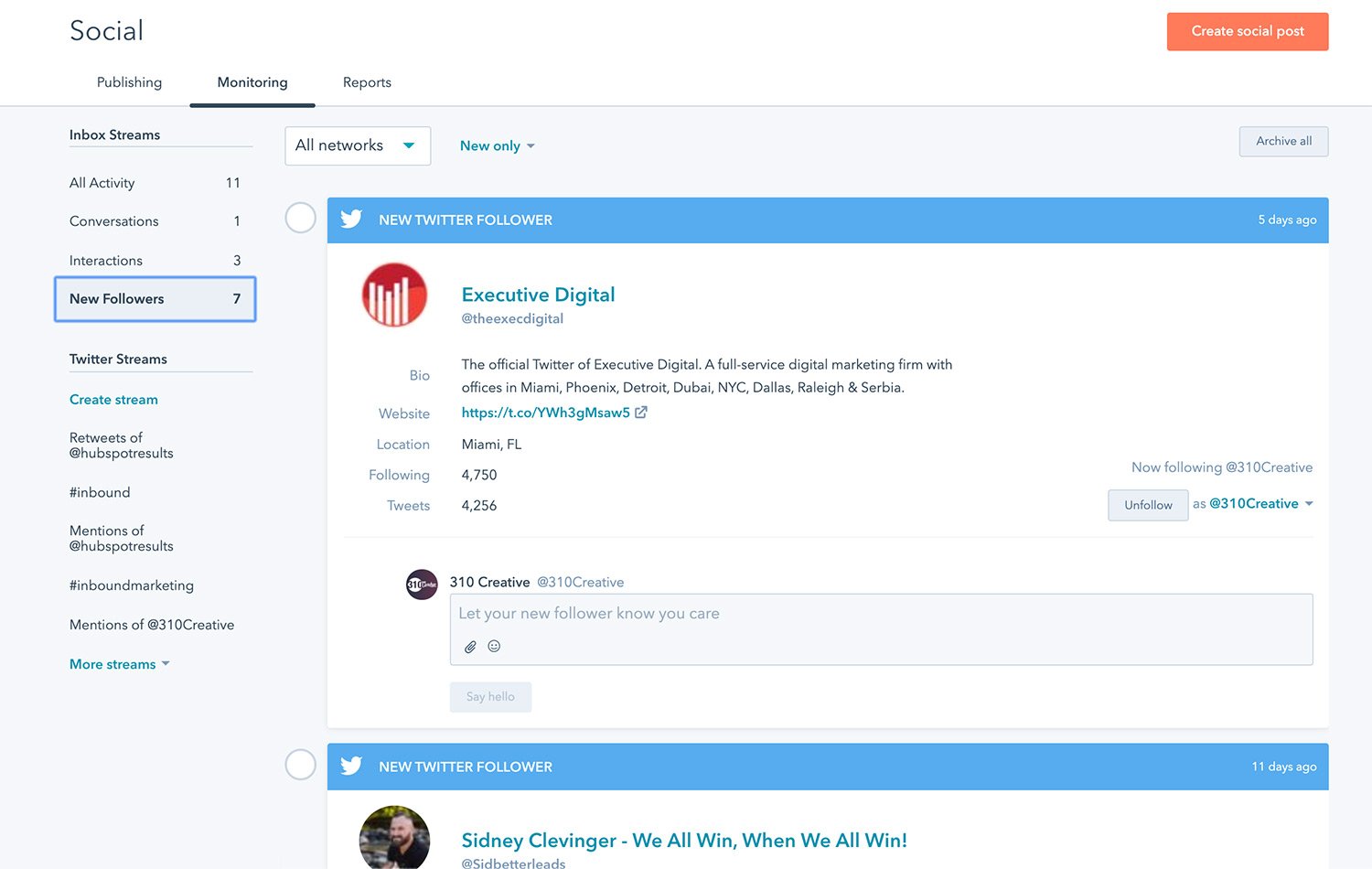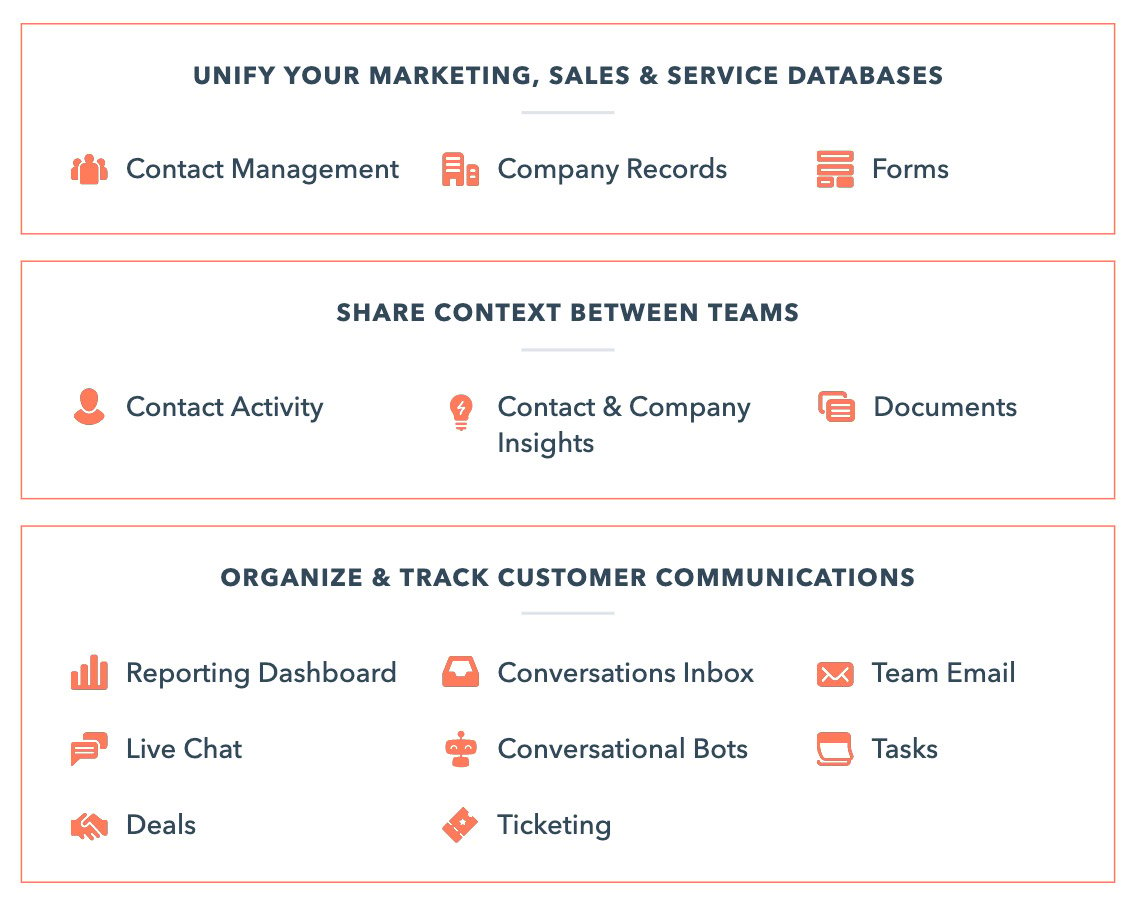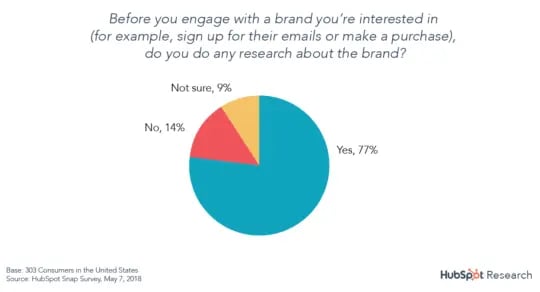10 B2B Sales Challenges Every Business Needs to Know in 2026
In today's competitive business landscape, B2B sales representatives face numerous challenges that can hinder their success. With ever-evolving technologies, shifting buyer preferences, and a growing demand for personalized experiences, it's more important than ever for sales professionals to adapt and stay ahead of the curve.
In this blog post, we'll explore the top 10 B2B sales challenges every business needs to know in 2026 and provide practical solutions to help you overcome them and thrive in the world of B2B sales.
Short Summary
-
Navigate the digital sales environment and build trust virtually to drive growth.
-
Leverage CRM systems, align sales and marketing teams, utilize social media effectively & overcome data silos.
-
Enhance productivity through training & time management, nurture leads with timely follow ups, foster long term relationships by exhibiting understanding & compassion.
Navigating the Digital Sales Environment
The digital sales environment presents sales reps with unique challenges, such as establishing trust in a virtual setting, utilizing social media strategically, and leveraging CRM systems effectively. As more and more businesses shift their operations online, it's crucial for sales professionals to adapt and develop new skills to navigate this ever-evolving landscape.
By embracing digital tools and strategies, sales reps can connect with customers on their preferred channels, build trust, and ultimately close more deals.
Building Trust Virtually

In a world where face-to-face interactions are becoming less frequent, building trust in a virtual setting can be quite challenging. Sales reps need to adjust their approaches and develop ways to demonstrate their trustworthiness in a virtual environment.
By establishing a strong personal brand online, personalizing communication, selling with integrity, connecting with stakeholders, sharing relevant case studies on social media, providing value, and being dependable, sales reps can successfully cultivate trust with their prospects and customers.
Utilizing Social Media Effectively

Social media has become an indispensable tool for sales professionals, providing them with a platform to engage with prospects and customers, share relevant content, and build trust. However, effectively utilizing social media in the sales process remains a major challenge for many sales leaders and teams.
Social selling, which involves leveraging social media platforms to create meaningful connections with prospective buyers and sell to, is a powerful strategy that can help sales reps overcome this challenge and drive sales growth. By integrating social media into their sales approach and adopting best practices, such as consistently sharing valuable content and engaging with their target audience, sales reps can stay ahead of the competition and forge strong relationships with their clients.
Leveraging CRM Systems

CRM systems play a crucial role in the success of B2B sales reps, enabling them to streamline customer data management, strengthen customer relationships, drive sales growth, and enhance customer service and loyalty.
However, many sales professionals struggle to optimize their use of CRM systems, often resulting in lost opportunities and inefficient sales processes. To overcome this challenge, sales reps should adopt CRM tools like HubSpot CRM that allow them to label emails, automate follow-ups, and gain insights into customer interactions.
By leveraging CRM systems effectively, sales reps can enhance their productivity and ultimately close more deals.
Aligning Sales and Marketing Teams
Aligning sales and marketing teams is essential for businesses to achieve their goals and drive growth. However, data silos and the lack of a Service Level Agreement (SLA) can create obstacles that hinder this alignment. To overcome these challenges, businesses should establish a centralized source of accurate and consistent data that both teams can access, as well as implement an SLA to ensure clear communication and collaboration between sales and marketing teams.
By fostering alignment and cooperation between these two crucial departments, businesses can boost lead generation, improve customer satisfaction, improve productivity and ultimately increase sales.
Overcoming Data Silos
Data silos, which refer to isolated repositories of data that are not interconnected with other data sources, can lead to duplication of data, inconsistency in data, and difficulty in accessing data. To address this challenge, businesses should integrate various software or systems that store and manage data through integration software, such as extract, transform, and load (ETL) or data virtualization. This integration facilitates data sharing across multiple sources, eliminating the need for data duplication and ensuring data consistency.
Additionally, centralizing data and establishing governed self-service access is crucial for ensuring data security and authorized access.
Establishing a Service Level Agreement (SLA)
A Service Level Agreement (SLA) is a contractual agreement between a service provider and a customer that outlines the expected level of service to be delivered. Establishing an SLA between sales and marketing teams is essential for creating transparency, setting clear expectations, and holding both parties accountable for their commitments.
An effective SLA should include the scope of services, service level objectives, service level targets, service level metrics, service level reporting, service level review process, and service level penalties. By implementing an SLA, businesses can enhance customer satisfaction, heighten accountability, improve communication, and enable more effective problem resolution.
Engaging Multiple Decision-Makers
Engaging multiple decision-makers is a common challenge faced by sales professionals, as these individuals often have diverse backgrounds, priorities, and levels of influence within their organizations. To effectively engage multiple key decision makers and-makers, sales reps should develop targeted content that addresses the unique needs and interests of each stakeholder.
Additionally, they should employ strategies to facilitate consensus and drive decision-making.
Creating Targeted Content
Targeted content is content that is customized to a particular audience or customer segment, making it more relevant and engaging for the intended audience. Sales reps can create targeted content by researching their prospects, understanding their needs and interests, and crafting content that addresses these unique needs.
By doing so, sales reps can better engage multiple decision-makers and improve their chances of closing deals.
Facilitating Consensus
In B2B sales, achieving consensus among multiple decision-makers is crucial for securing deals and driving business growth. To facilitate consensus among potential buyers, sales reps should address the three dimensions of value – economic, functional, and emotional – and form the customer's perception of the capabilities necessary based on the solution differentiators.
By understanding the unique needs and preferences of each decision-maker, sales reps can better align their offerings with the customer's overall objectives and facilitate a more collaborative decision-making process.
Overcoming Price Objections
Overcoming price objections is a common challenge faced by sales reps, as competitive pricing can make it difficult to differentiate one's offerings based on price alone. To overcome this challenge, sales reps should focus on highlighting their unique selling points and offering flexible pricing options that cater to the varying needs and budgets of their prospects.
Highlighting Unique Selling Points
Emphasizing unique selling points is essential for sales reps to help prospects understand the value and uniqueness of their product or service. To do so, sales reps should focus on the benefits that their offering provides to the customer, tie these benefits to their business and marketing team's values, and position them relative to competitors.
By highlighting unique selling points, sales reps can overcome price objections and better distinguish their offerings from those of their competitors.
Offering Flexible Pricing Options
Offering flexible pricing options is an effective strategy for addressing price objections and catering to the varying needs and budgets of prospects. Some common flexible pricing models include pay-as-you-go, fixed pricing, dynamic pricing, and negotiated pricing.
By providing a range of pricing options, sales reps can help prospects find a solution that meets their needs and budget, ultimately increasing the likelihood of closing deals.
Prospecting Challenges
Sales reps face numerous prospecting challenges, such common challenges such as prioritizing time for prospecting and utilizing data-driven approaches to identify the right customers and engage them effectively.
Overcoming these challenges is essential to maintaining a healthy sales pipeline and driving new business growth.
Prioritizing Time for Prospecting
Allocating time for prospecting is crucial for sales reps to ensure a steady flow of new business opportunities. To prioritize time for prospecting, sales reps should set clear goals, prioritize tasks, and create effective schedules that allocate dedicated time for prospecting activities.
By doing so, sales reps can ensure they are consistently engaging with potential customers and nurturing leads throughout the sales process.
Utilizing Data-Driven Approaches
Utilizing data-driven approaches in prospecting can help sales reps identify the right customers, create relevant sales-ready messaging, and drive engagement. By leveraging data to inform their prospecting efforts, sales reps can better understand their target audience, identify potential pain points, and provide value in each interaction with the customer.
In turn, this can lead to more successful prospecting efforts and improved sales results.
Enhancing Sales Productivity

Enhancing sales productivity is a key priority for sales reps and organizations alike, as it directly impacts the bottom line and overall business success. To boost sales productivity, sales reps should focus on managing their time effectively and ensuring they receive adequate training to perform at their best.
Managing Time Effectively
Effective time management is crucial for sales reps to maximize their productivity and ensure they are focusing on the most important tasks at hand. By setting goals, prioritizing tasks, and creating effective schedules, sales reps can better manage their time and achieve greater success in their sales efforts.
Additionally, implementing strategies to prevent multitasking, set time limits, and take breaks can further improve sales productivity and overall performance.
Providing Adequate Training
Providing adequate training is essential for sales reps to develop the necessary skills and knowledge to be successful in their roles. To ensure effective training, sales organizations should create customized learning paths, address different learning styles, and leverage digital tools such as video conferencing and online learning platforms.
By investing in employee training, organizations can equip their sales reps with the tools and resources needed to excel and drive greater sales success.
Nurturing Leads at the Right Time
Nurturing leads at the right time is essential for building long-term relationships with customers and driving repeat business. To do so, sales reps should implement CRM reminders to keep track of leads and ensure timely follow-ups.
Foster strong relationships with customers by demonstrating an understanding of their needs and providing value in each interaction.
Implementing CRM Reminders
CRM reminders are automated notifications and phone calls that can be sent to customers or prospects at predetermined intervals, helping sales reps stay on top of their follow-up tasks and nurture leads more effectively. By leveraging CRM tools such as HubSpot CRM, sales reps can set up scheduled reminders and automate follow-ups, ensuring they are engaging with leads at the right time and maximizing the potential for conversions.
CRM reminders are an invaluable tool for sales reps, allowing them to stay organized and on top of their follow-up tasks. With automated reminders, sales reps can ensure they are engaging with leads at the right time and increasing their chances of conversions. By leveraging CR.
Fostering Long-Term Relationships
Cultivating long-term relationships with customers is essential for driving repeat business and establishing a loyal customer base. To foster strong relationships, sales reps should demonstrate punctuality, positivity, proactivity, and assistance, as well as exhibit understanding, communication, compassion, reliability, responsibility, and integrity.
By prioritizing relationship building and consistently providing value to customers, sales reps can ensure long-term success business prospects and drive greater business growth.
Handling Rejection and Criticism
Handling rejection and criticism is a common challenge faced by sales reps, as it can be difficult to maintain motivation and focus in the face of setbacks and negative feedback. To overcome this challenge, sales reps should strive to learn from feedback, incorporate it into their learning process, and maintain a positive mindset throughout their sales journey.
Learning from Feedback
Incorporating feedback into one's learning process is essential for identifying areas of improvement and making necessary changes to become more successful. By viewing feedback objectively, detecting patterns or trends, and considering it from various angles and contexts, sales managers and reps can effectively analyze feedback and pinpoint areas for improvement.
This practice not only helps sales reps grow and develop in their roles, but also enables them to stay current with the latest trends and technologies, ensuring they remain competitive in the market.
Maintaining a Positive Mindset
Maintaining a positive mindset is crucial for success in sales, as it helps to keep motivation and focus on reaching goals, as well as providing resilience when facing obstacles and difficulties. To cultivate a positive attitude, sales reps should express gratitude, emphasize positive aspects of life, associate with individuals who are upbeat, and keep a gratitude journal.
By focusing on the positive and maintaining a growth mindset, sales reps can persevere through challenges and continue to strive for success in their sales efforts.
Expanding Business with Existing Customers
Expanding business with existing customers is a challenging task, as their needs and preferences may evolve over time, making it difficult for most sales reps to keep up. To successfully grow business with existing customers, sales reps should focus on becoming trusted advisors and implementing nurturing campaigns that cater to the unique needs and interests of their clients.
Becoming a Trusted Advisor
Gaining the trust of clients is essential for sales reps to expand their business with existing and prospective customers. To become a trusted advisor, sales reps should demonstrate industry knowledge, express gratitude, and present themselves as experts in their field.
By building trust and credibility with their clients, sales reps can better understand their needs, provide tailored solutions to top challenges, and ultimately drive greater business growth.
Implementing Nurturing Campaigns
Nurturing campaigns are an effective sales strategy used for expanding business with existing customers by addressing their unique needs and interests. By leveraging highly targeted content and deploying omnichannel lead nurturing strategies, sales reps can engage their clients at each stage of the buyer's journey, providing value and strengthening relationships.
This not only helps to retain existing customers, but also creates opportunities for upselling and cross-selling to satisfied customers, driving greater revenues and business growth.
Sales Challenge Summary
In conclusion, B2B sales reps face numerous challenges in today's dynamic business landscape. By understanding and addressing these challenges – such as navigating the digital sales environment, aligning sales and marketing teams, engaging multiple decision-makers, overcoming price objections, tackling prospecting challenges, enhancing sales productivity, nurturing leads at the right time, handling rejection and criticism, and expanding business with existing customers.
Sales reps can adapt, thrive, and drive greater success in the world of B2B sales. With the right mindset, strategies, and tools in place, there's no limit to what you can achieve in the ever-evolving world of sales.
Frequently Asked Questions
What do you think is most challenging in B2B sale?
Balancing Client Needs with Profitability. One of the most challenging aspects of a B2B sale is striking the balance between meeting the customer's needs and ensuring profitability. Without the right strategies and techniques in place, it can be difficult to meet the needs of clients without negatively impacting the company's bottom line.
To ensure that both the customer's needs and the company's profitability are met, it is important to have a clear understanding of the customer's needs and the company's goals. This understanding should be used to develop strategies and techniques that will help to maximize efficiency.
What is a challenge that a B2B company faces?
B2B companies face the challenge of building relationships, creating customer loyalty and fostering trust between businesses while navigating a complex sales process. They must also ensure their pricing and shipping strategies are competitive, while setting attractive return and refund policies to attract customers.
Additionally, long-term growth depends on continually increasing sales.
What is the biggest challenge for B2B marketers?
The biggest challenge for B2B marketers is finding the right balance between leveraging data and personalization to reach their target audiences. To successfully achieve this, they must integrate advanced technologies into their marketing strategies and align sales and marketing efforts in order to get the right people at the right time with the right message.
What 3 things might make a B2B salesperson successful?
Successful B2B sales reps need excellent communication skills, a strong work ethic, and an in-depth understanding of their product and industry. They should be able to build relationships with customers, demonstrate creativity and resourcefulness, have a positive attitude, and demonstrate resilience when faced with challenges.
By displaying these traits, B2B sales reps can set themselves up for success.
What is most challenging in B2B sales?
Navigating the complex sales process in B2B transactions can be a major sales challenge. From securing internal approval to navigating long-term contracts, sales teams need to ensure that the sales cycle remains competitive yet effective in order to close deals and reach their targets.
To do this, they must have a clear understanding of the customer's needs and objectives, as well as the ability to identify and address any potential issues that may arise during the customer's lifetime.
